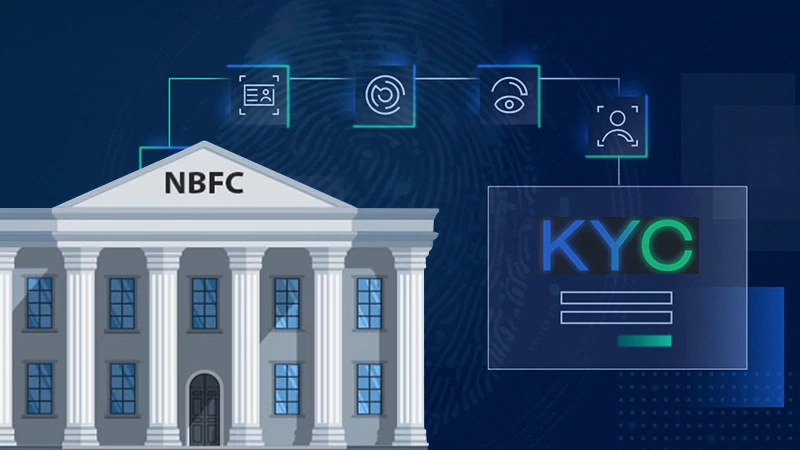A Complete Guide to Blockchain-Based Identity Management
The global pandemic has shone a light on the importance of identity management. With so much of our lives moving online, it’s more important than ever to have a secure way to manage our digital identities. That’s where blockchain comes in. Blockchain for identity verification is a previously unexplored application of blockchain technology with the potential to revolutionize how we manage our identities.
Blockchain-based identity management is an innovative way to manage our digital identities. It’s secure, reliable, and gives us more control over our personal information. With blockchain-based identity management, individuals have complete control over their personal information. They can choose to share only the information they want and can revoke access anytime. In this blog post, we’ll explore a guide to blockchain-based identity management.
Non-Custodial Login Solution
Blockchain-based identity management systems offer a non-custodial login solution, meaning that users retain complete control of their data. Unlike traditional centralized systems, there is no central database for hackers to target. Instead, data is distributed across the network, making it much more secure.
Along with increased security, non-custodial systems offer improved privacy. Since users control their data, they can choose who to share it with and when. It is essential to have a non-custodial login solution when dealing with sensitive data, like medical records or financial information.
Permissioned Blockchain Component
A permissioned blockchain is a type of blockchain that requires approval from a central authority before you can join the network. This central authority is usually a government or a corporation. Permissioned blockchains are often used for enterprise applications. They offer improved security and privacy, as well as increased scalability.
Regarding identity management, permissioned blockchains can be used to create closed systems. These are systems that only allow approved users to access the data. It can be helpful in applications such as medical records or financial information. It can also use to create loyalty programs or rewards programs.
Self-Sovereign Identity Control
When we talk about identity management, it’s essential to understand the concept of self-sovereign identity. It is an approach to identity that puts the individual in control. With traditional centralized systems, our data is controlled by others. But with a self-sovereign system, we are the ones who decide how our information is used and shared.
We have the power to revoke access to our data at any time. We are the custodians of our own identities. Self-sovereign identity is a critical concept in the world of blockchain. It’s one of the things that makes this technology so attractive for identity management. By giving users control over their data, blockchain-based systems can help to create a more secure and private online experience.
Help to Build the Decentralized Web
The decentralized web is a vision for a new internet that is not controlled by any central authority. It’s a bold idea and one that is only possible with blockchain technology. With the decentralized web, it is possible to build a truly global, open internet.
One that any one government or corporation does not control. The infrastructure of the decentralized web is being built right now, and blockchain-based identity management systems are a crucial part of that infrastructure.
With these systems in place, we can begin to build the decentralized web of the future. Just like writing an ICO white paper is crucial for any ICO project, understanding how blockchain makes the decentralized web is integral to being a responsible internet user.
Use for Lending and Borrowing Money
Blockchain-based identity management can also be used for lending and borrowing money. When you borrow money from a traditional institution, it will usually require some collateral. It is because they need to ensure you will repay the loan.
With a blockchain-based system, you can use your data as collateral. It means you can borrow money without putting up any physical collateral. In some circumstances, this can be a much more convenient and efficient way to borrow money.
Benefit the Travel and Immigration Department
Another way in which blockchain-based identity management can be used is for travel and immigration. When you travel to a new country, you usually need to go through customs and immigration. Usually, this involves showing your passport and consumes a lot of time. With a blockchain-based system, you can use your digital identity to streamline the process.
You can share your data with the relevant authorities in advance. It means you can go through customs and immigration much more quickly. It would make the process of travel and immigration much easier and more efficient. It would also help to reduce the chances of fraud and identity theft.
Improve Data Management Processes
One of the essential benefits of blockchain-based identity management is that it can help to improve data management processes. With traditional centralized systems, our data is often spread across different silos. With a blockchain-based system, all your data is stored in one place.
It also makes sharing data with other parts of the organization more manageable. With improved data management, organizations can make better decisions and improve their overall efficiency.
Follow Us
Latest Post
















